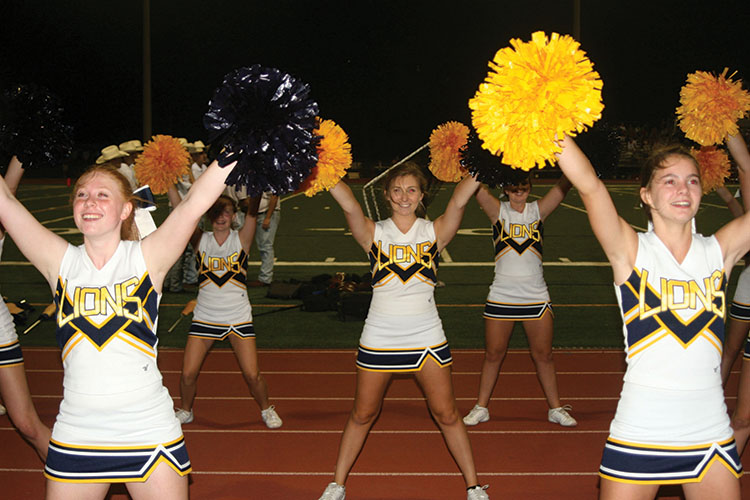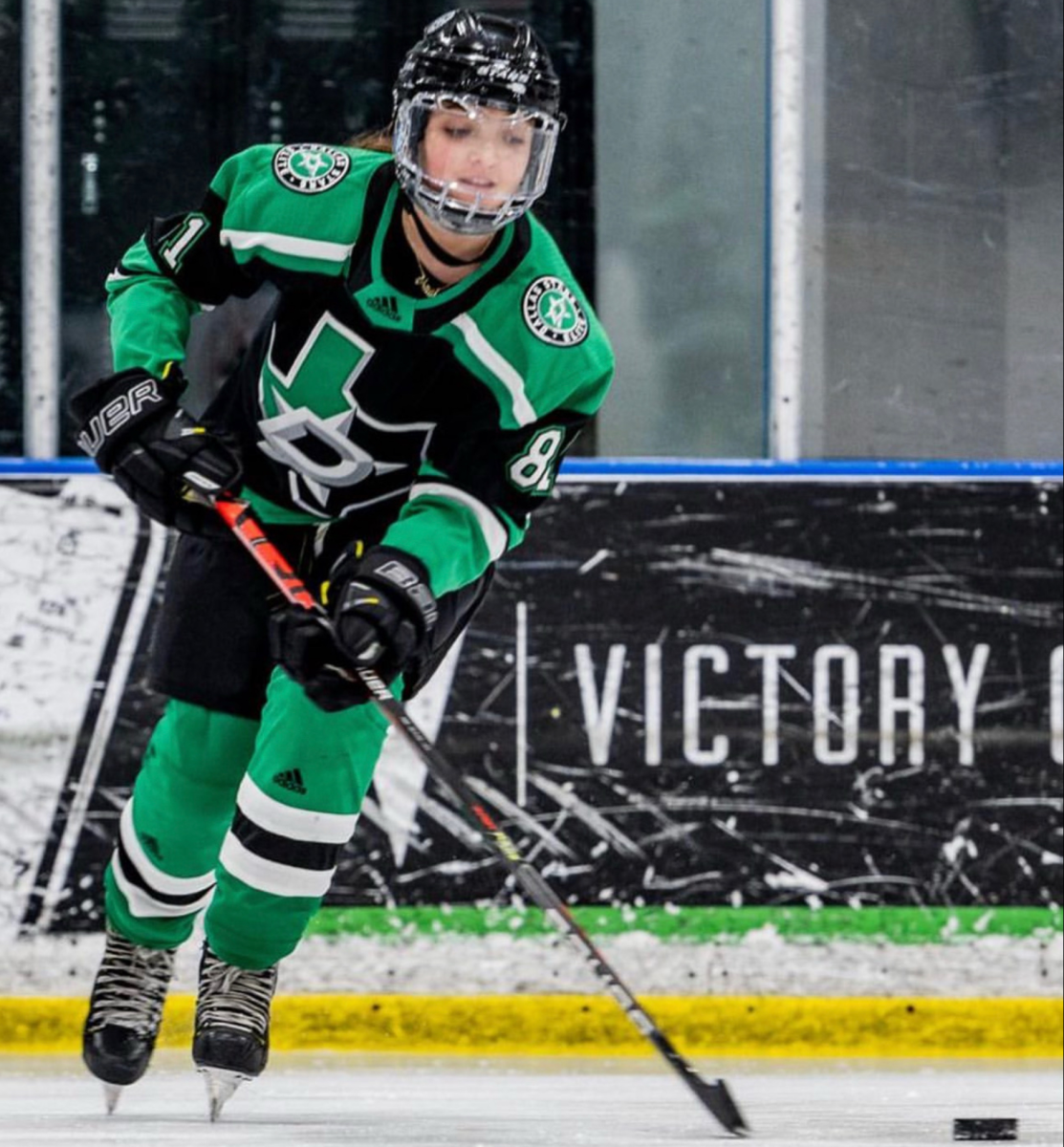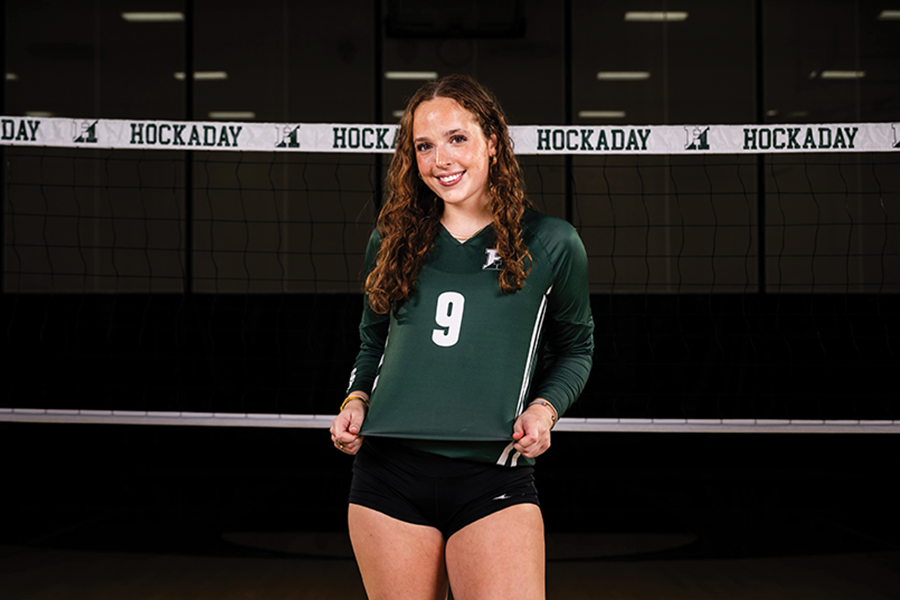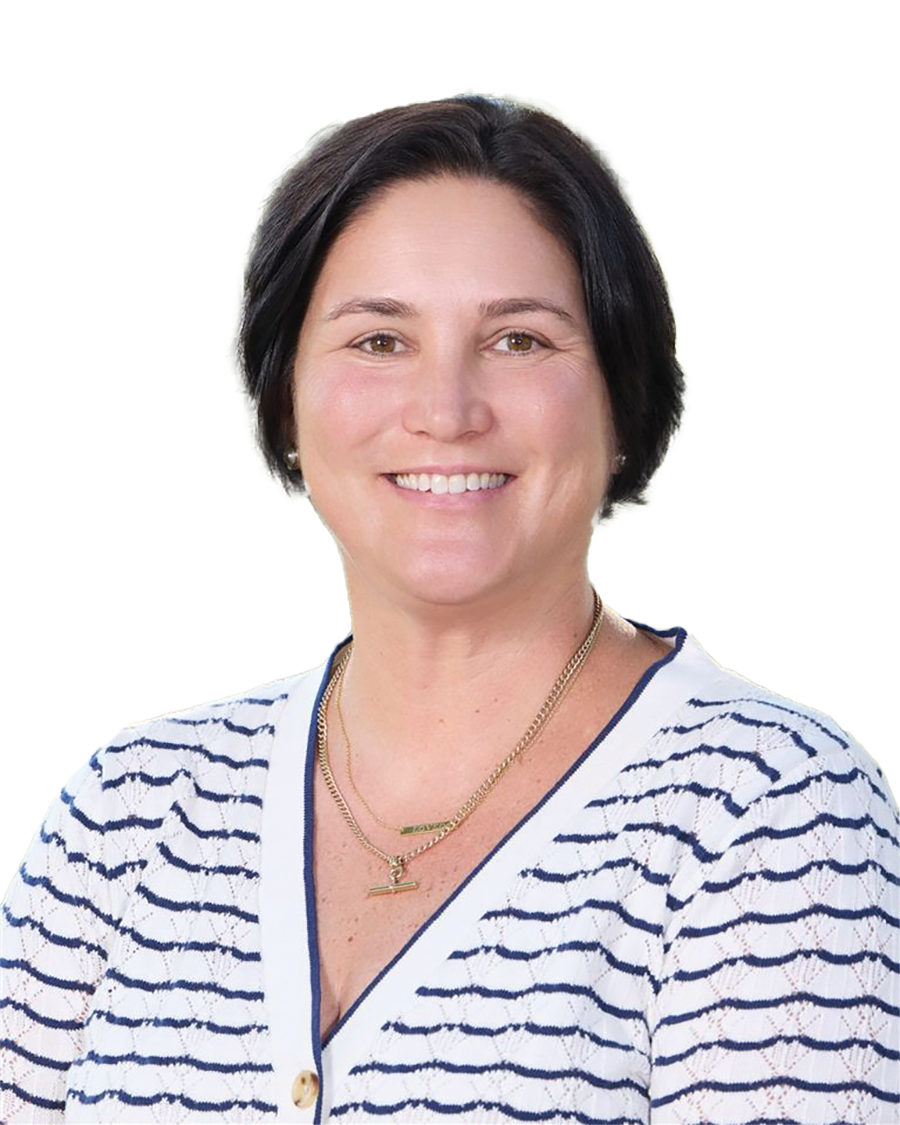Pompoms in hand, short skirt on and hair in a high ponytail, senior Ellie Bush leads the cheerleading team onto the football field.
Although the media’s and the public’s perception is that a cheerleader can only be peppy and provocative, St. Mark’s cheerleaders demonstrate how they break the stereotype off the field.
But this stereotype also exists at Hockaday.
“The majority of the comments that I heard revolve around the notion that cheerleaders are not smart,” former St. Mark’s Cheer captain Rachel Compton ‘09 said.
Many cheerleaders are astonished upon hearing the derogatory stereotype. Former and aspiring, determined cheerleaders are examples of how this wide misconception is false.
“It is not unusual for a cheerleader to vary in academic, athletic and extracurricular interests,” said former St. Mark’s cheerleader Hailey Winston ‘13, who is currently a junior at Yale.
Like other athletes, high school and college cheerleaders must maintain a strict grade point average. Compton, who was also University of Virginia’s 2012 cheer captain, was a witness to how cheerleaders kept good grades, along with the practices and travel time that came with being a cheerleader.
“Furthermore, cheerleaders have to learn a vast amount of information in a very short time period,” Compton said. “We are expected to learn and perfect new dances, cheers and routines every week before each game.”
This academic rigor is true for many professional cheerleaders. Amy Trader, a current Dallas Cowboys cheerleader, majored in biomedical engineering with a minor in computational neuroscience. Trader hopes to use her degree “to develop implantable discs that change people’s lives and help with injuries.”
Trader isn’t the only one with goals. Bush is currently taking several AP classes, applying for top colleges and participating in the highest level of HockaDance. Looking into the future, Bush aspires to be a speech pathologist, helping people ranging from kids with autism to elderly folks.
“Hockaday and St. Mark’s cheerleading has taught me how to speak up, use my voice and be a leader,” Bush said.
Along with Bush, other Hockaday cheerleaders strive for success away from the pompoms. First year cheerleader, sophomore Kaleigh Beacham, participates in Hockadebate, Model UN and Girl Scouts along with taking one AP course and two honors classes.
“I might have even [tried out for cheerleading] as kind of a challenge to myself, because it’s unlike a lot of the other stuff I do,” Beacham said. “It was kind of taking a risk and putting myself out there in front of an audience.”
While maintaining the leadership of cheer captain at University of Virginia, Compton earned her bachelor’s degree in American studies and political science. Now, she works as a deputy press secretary for a congressman.
“One of the most important things cheerleading taught me was how to effectively manage my time,” Compton said. “With practices every night and games every weekend, I had to learn how to prioritize my schoolwork and make the most of my free time.”
Winston also has to manage her time while pursuing her passion of applied mathematics and economics at Yale. As a Hockaday senior, Winston served as editor-in-chief of The Fourcast and participated in Habitat for Humanity and JETS.
Former Philadelphia 76ers professional cheerleader Darlene Cavalier is another example of someone who has broken the stereotype. Cavalier worked full-time at Discover, a company owned by the Walt Disney Company for 10 years, a time period in which she met some of the brightest minds in science. Finding her passion in science, Cavalier earned her Master’s degree while studying science policy and sociology at the University of Pennsylvania.
Featuring current and former professional cheerleaders, Darlene Cavalier started “Science Cheerleader,” a blog that opens conversation on science policy and research while also supporting “Science Cheerleaders” as they pursue careers in math, science, technology or engineering.
According to Cavalier, possible employers will express their concern about “past cheerleader” on the resumes of the “Science Cheerleaders.” However, Cavalier knows that the cheerleaders have the potential for professional success due to skills of time management, determination and ambition learned through cheerleading.
While developing her website, Cavalier knew she had to “combine the academic attitude of UPenn, the mass reach of Disney and the in-your-face, pom-pom waving personality of a 76ers cheerleader.”
This type of information helps the public shape a different, new opinion on cheerleaders.
“When you do see positive interpretations of cheerleaders, it is somehow the cheerleaders defying an expectation,” Beacham said.
And while these former high school cheerleaders are currently pursuing high-caliber careers, they look back at their high school years fondly.
– Maria Harrison – Asst. Perspectives Editor






